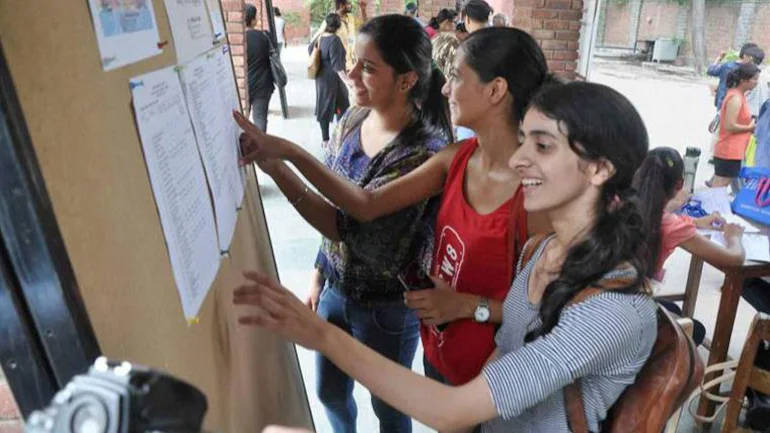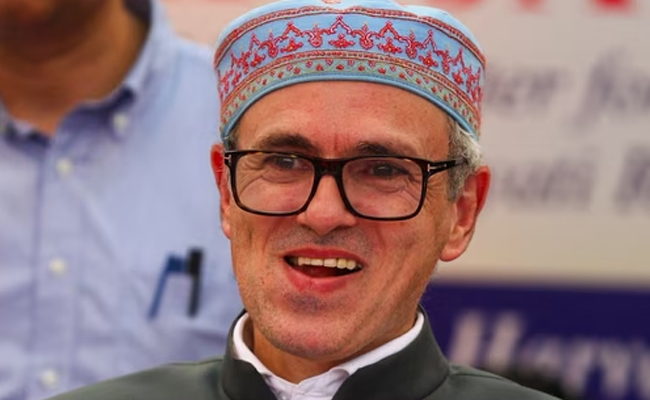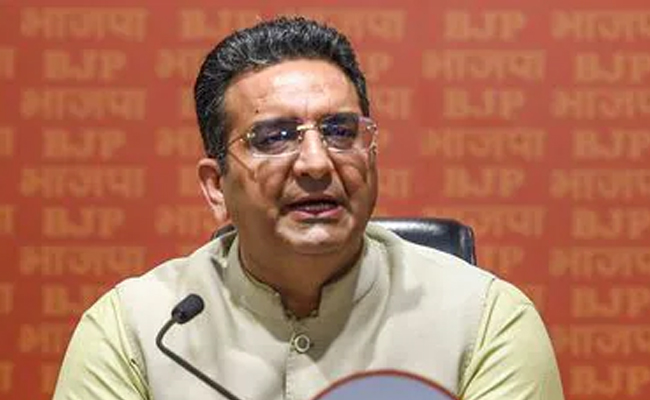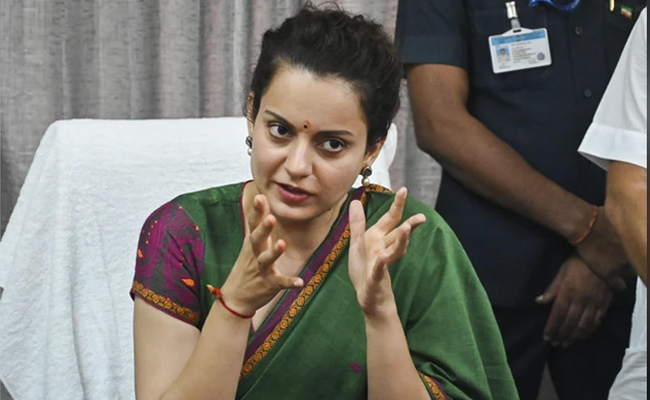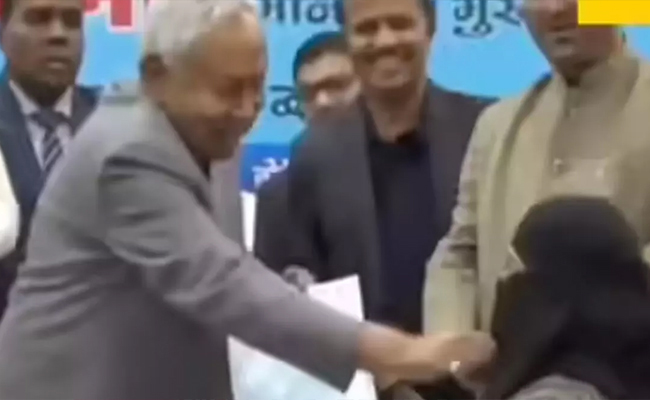New Delhi (PTI): Twenty-four candidates scored a perfect 100 in the engineering entrance JEE (Main), the results of which were announced by the National Testing Agency on Saturday.
Rajasthan had the highest number of candidates with a perfect score. One woman student is among the top scorers.
The results of 110 candidates found using unfair means, including forged documents, were withheld.
More than 9.92 lakh candidates had appeared for the second edition of the crucial exam.
According to National Testing Agency (NTA) officials, NTA scores are not the same as the percentage of marks obtained but normalised scores.
NTA scores are normalised scores across multi-session papers and are based on the relative performance of all those who appeared for the examination in one session, a senior official explained.
The marks obtained are converted into a scale ranging from 100 to 0 for each session of examinees, the official added.
Based on the results of JEE (Main) Paper 1 and Paper 2, the candidates will be shortlisted to appear for JEE (Advanced), which is a one-stop exam for admission to the 23 premier Indian Institutes of Technology (IITs).
Let the Truth be known. If you read VB and like VB, please be a VB Supporter and Help us deliver the Truth to one and all.
Srinagar (PTI): Jammu and Kashmir Chief Minister Omar Abdullah on Wednesday criticised his Bihar counterpart over the niqab incident and said that Nitish Kumar might be slowly revealing his true nature.
"Nitish Kumar, who was once considered a secular leader, may be slowly showing his true colours," Abdullah told reporters here on the sidelines of a function.
Abdullah said Kumar removing the face veil of a Muslim woman doctor was wrong and cannot be justified by any means.
"We have seen this kind of incident here several years ago. Have you forgotten how Mehbooba Mufti removed the burqa of a legitimate voter inside a polling station? That act was wrong, and this act (of Kumar) is also wrong.
"If the (Bihar) chief minister did not want to hand over the order to her (Muslim woman), they could have kept her aside. However, to humiliate her like this is totally wrong," the Jammu and Kashmir chief minister said.
Kumar stirred a huge controversy after he removed the face veil of a Muslim woman at a function earlier this week.

